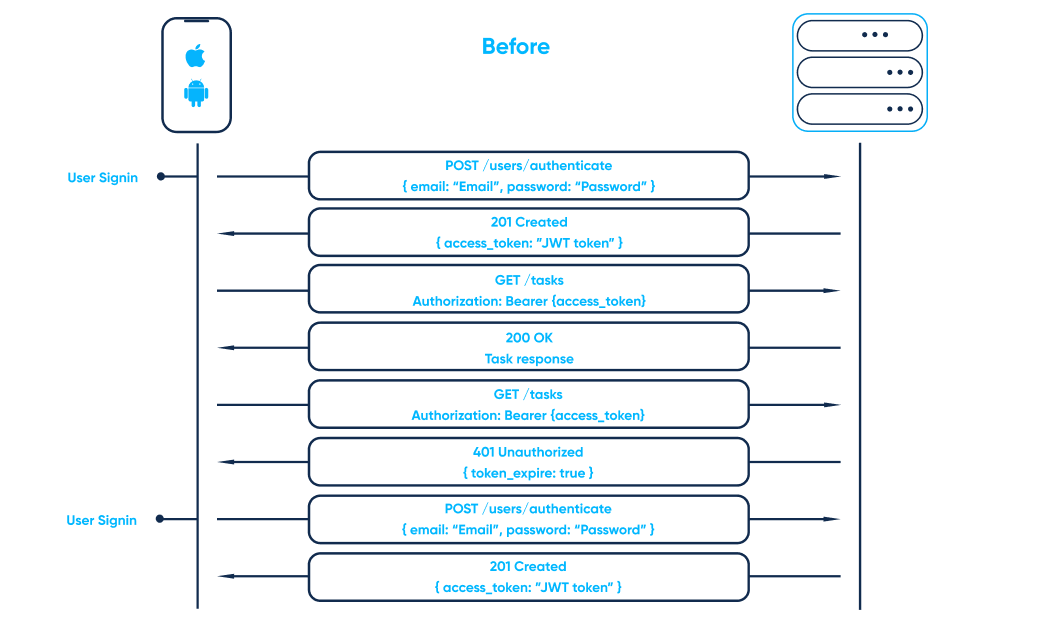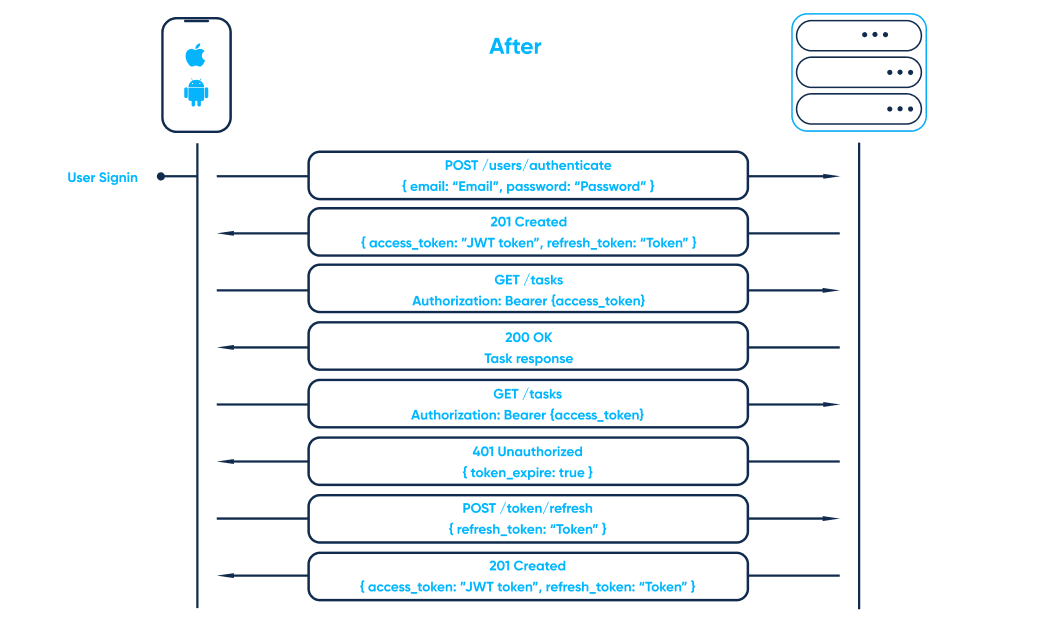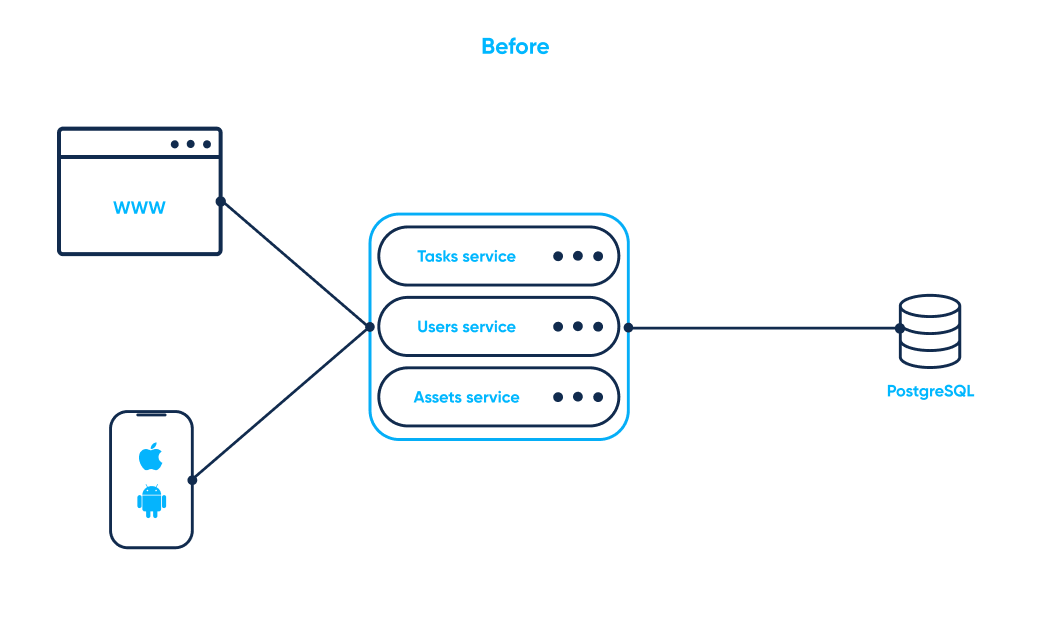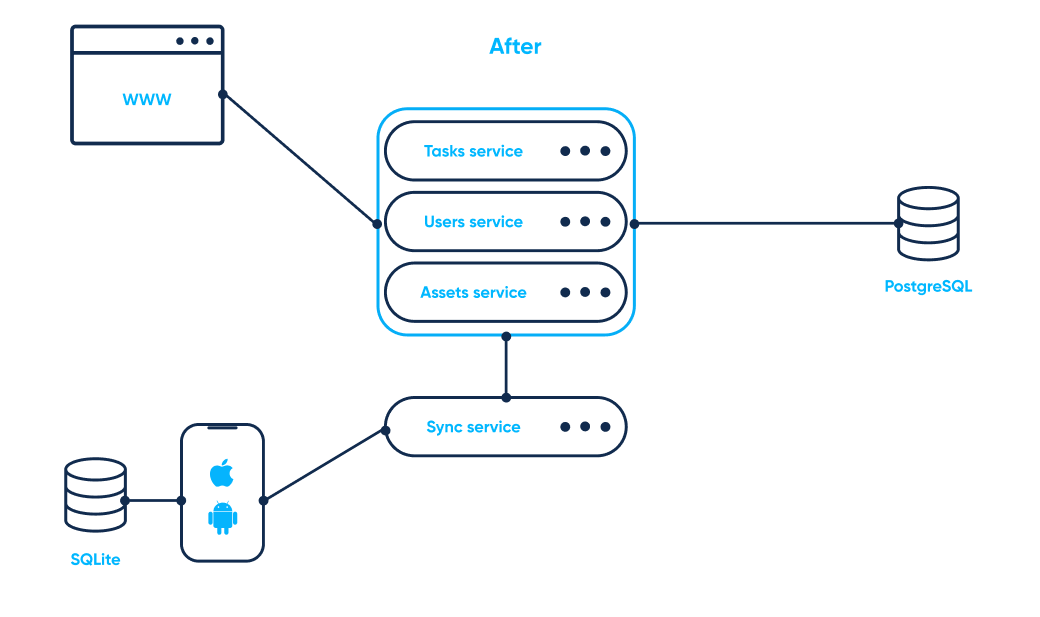Services:
Project overview
EHS (Environment, Health and Safety) is an industry guidance helping companies conduct business more responsibly. Acknowledged frameworks guide leaders on how to scale their business while adopting sustainable processes to remain environmentally friendly, protect employees, and avoid brand damage.
Many industries such as heavy manufacturing are worsening ambient pollution with their industrial facilities. This impairs the quality of air, water and land resources.
Our client empowers customers with insights all across Environment, Health and Safety regulation compliance. The vendor helps organizations to minimize their share in today’s environmental pollution, protect employees, and improve overall productivity.
Abto Software took over the implementation of an offline mode for a custom compliance reporting platform. This feature enables inspectors to report found inconsistencies at examined industrial facilities even without Internet connection.
Main goals
Our client has entered the market with custom-built, cloud-based software, which streamlines EHS compliance. They provide paperless management, data classification and segmentation, instant notifications, and other useful features to organizations that care about minimizing environmental pollution.
Our team was contacted to provide the possibility to use the compliance tracking platform in the offline mode. Very limited Internet connection in most production facilities hindered inspectors from reporting found inconsistencies, which caused inefficient resource-allocation and impaired overall productivity.
The project’s main goal was implementing the most valuable features in the offline mode:
- Create new conformity tasks
- Edit existing conformity tasks
- Assign new conformity tasks to executors
- Access recently synchronized reports
During implementation of the offline mode, our engineers focused on:
- Improving the user authorization to keep the users logged in
- Maintaining the REST API HTTP requests only for those services that require Internet connection
How the solution works
Step-by-step explanation:
1. High-level managers create tasks
2. Responsible inspectors follow instructions to check the ventilation of premises, the quality of materials, waste management, and other control parameters associated with EHS compliance
3. The system creates reports
4. The organization obtains insights on its EHS compliance to take further action if needed
Core functionality:
- User authorization
- User profiles
- Task creation/editing/assignment/deleting
- Content attachment
Our contribution
We covered the implementation of an offline mode for the essential functionality of an advanced compliance reporting platform, which incorporated:
- User authorization
- Data synchronization
Main challenges
Main challenges faced during the project can be reduced to:
User authorization
Considering limited time frames and funding, complete refactoring of the legacy infrastructure was impossible. To handle this challenge, we’ve implemented refresh tokens, which would keep logged-in users authorized without repeating the log-in.


Data storage
Since working on an off-the-shelf application, our priority was making minimum changes to the legacy product. To handle this challenge, we selected the open-source WatermelonDB database.
For seamless data synchronization, our engineers:
- Kept the REST API URL endpoints for the previous versions of the mobile application and the web client
- Created a new service to handle additional manipulations associated with data synchronization


Tools and technologies
Tech stack:
- Node JS
- React Native
Database:
- PostgreSQL
- SQLite
Timeline:
- May 2022 – September 2022
Team:
- 1 project manager
- 2 software developers
- 1 mobile developer
Value delivered to business
The implementation of the core functionality in the offline mode can bring the business competitive advantage. The possibility to utilize valuable features despite poor Internet connection transforms the mobile application into an on-demand product standing out from similar competitor apps.
Usability design in a mobile application is the primary point of reference when considering user satisfaction. Therefore, adding this option may prove especially handy when talking about competition.
In general, offline mode in a mobile application provides for:
- Improved productivity
- Better performance
- Longer device’ battery life
- Customer loyalty
In the context of EHS compliance, offline mode provides for:
- Timely response to inconsistencies
- Appropriate adjustment of processes
- Time and cost savings
- Regulatory compliance
Contact Us
To find out more about Abto Software expertise, request a quote or get a demo of your custom solution.